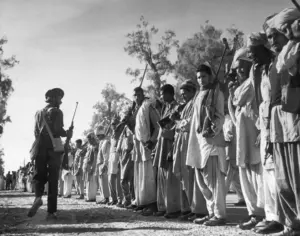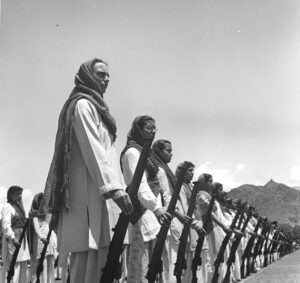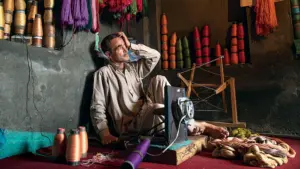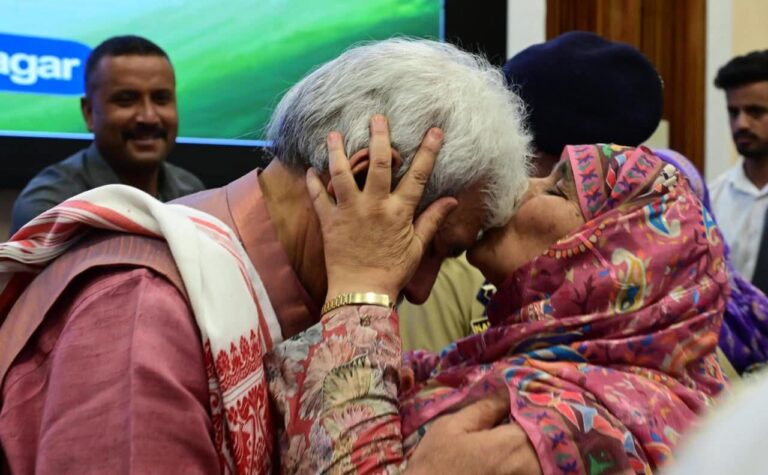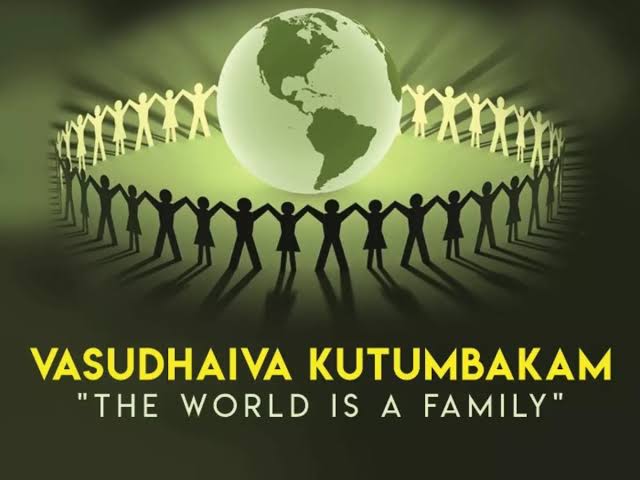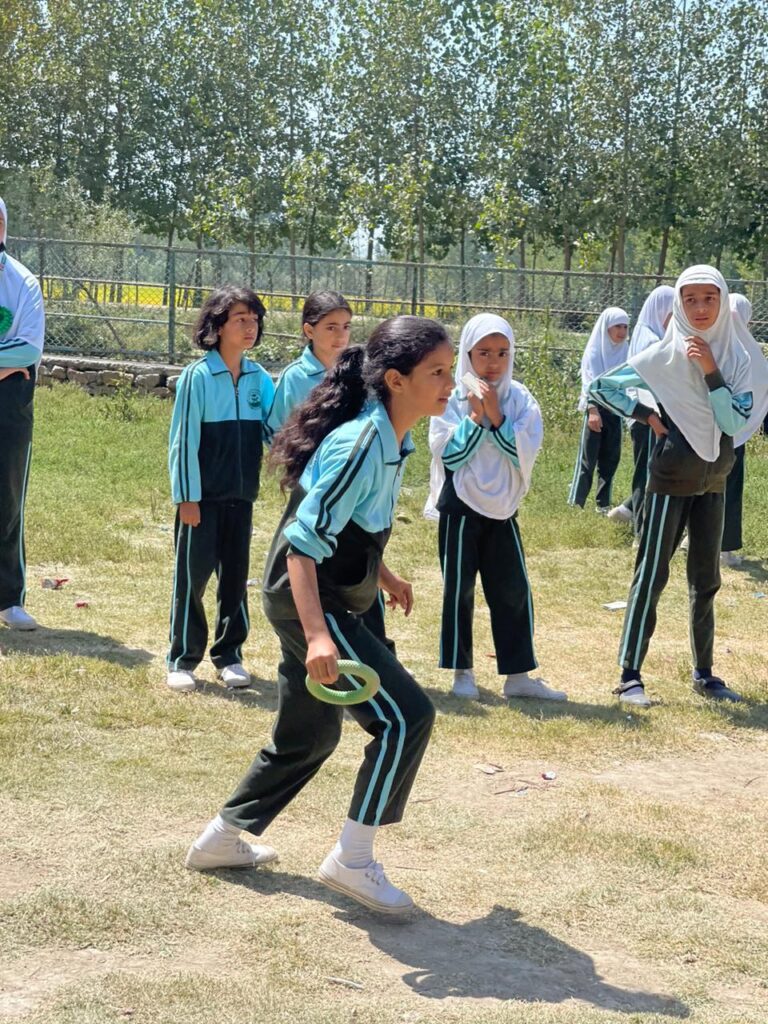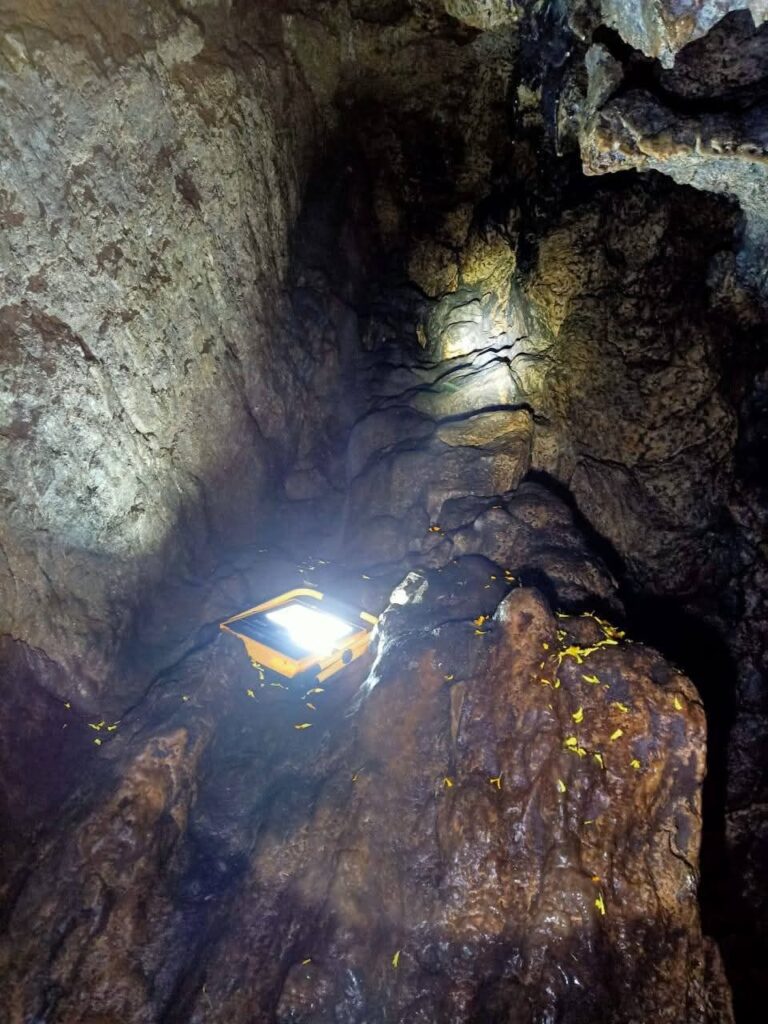Written By: Sheeraz Zaman
From 1947 to 1999, Jammu and Kashmir remained central to India’s military and political
challenges, particularly in countering aggression from Pakistan. Across these turbulent
decades, the people of Kashmir consistently demonstrated extraordinary courage and
unwavering loyalty to the Indian nation. From the first war in 1947–48 to the Kargil conflict
in 1999, Kashmiris stood alongside the Indian Army in defending their homeland. This
article explores the critical role played by Kashmiri civilians in upholding India’s sovereignty
and supporting national defence during four major wars.
In October 1947, soon after India’s independence and partition, Pakistan launched an
aggressive campaign to annex the princely state of Jammu and Kashmir. Backed by the
Pakistani military, tribal militias infiltrated the region, aiming to create chaos and force
accession through terror. North Kashmir witnessed horrific atrocities—massacres,
abductions, and sexual violence targeted civilians, including women and children.
Faced with this brutality, the people of Kashmir rose in defence of their land. Recognizing
the dire threat, Maharaja Hari Singh signed the Instrument of Accession, formally joining
the Union of India. The Indian Army swiftly deployed to repel the invaders, but it was the
determination and cooperation of Kashmiri civilians that proved pivotal. Among the most
notable was Maqbool Sherwani, a young nationalist who misled the raiders, buying time for
Indian forces. Captured, tortured, and executed by the invaders, his martyrdom became a
symbol of Kashmiri resistance.
Their defiance was echoed in the rallying cry:
“Hamla Awar Khabardaar, Hum Kashmiri Hain Tayyar!”
(“Invader, beware! We Kashmiris are prepared!”)
In 1965, Pakistan launched Operation Gibraltar, hoping to incite rebellion in Kashmir
through covert infiltration. The Pakistani leadership believed that Kashmiris would rise
against Indian authority. However, this miscalculation was quickly exposed.
Instead of siding with the infiltrators, the Kashmiri population alerted Indian forces,
provided vital intelligence, and supported military operations on the ground. Local
communities, particularly near the Line of Control, endured shelling and displacement but
stood firm. Civilians helped transport supplies, guided soldiers through mountainous
routes, and showed extraordinary courage in times of danger. Their rejection of Pakistani
attempts at subversion reaffirmed the people’s commitment to India’s unity and integrity.
Although the 1971 Indo-Pak war focused mainly on the creation of Bangladesh in the east,
the western front—including Jammu and Kashmir—saw significant military activity.
Pakistan attempted to stretch Indian defence by attacking positions along the Line of
Control.
Once again, Kashmiris living in border villages demonstrated remarkable solidarity. Despite
enduring cross-border shelling, they supported the Indian Army through intelligencesharing, logistical aid, and by offering refuge to troops. Their knowledge of the rugged
terrain helped Indian forces counter infiltration attempts. The people’s resolve remained
firm despite propaganda and psychological warfare, reinforcing their unshaken allegiance
to India.
In 1999, Pakistan’s military crossed the Line of Control and occupied high-altitude
positions in Kargil, Drass, and Batalik, threatening the vital Srinagar–Leh highway. The
objective was to sever supply routes and internationalize the Kashmir issue.
Civilians in Kargil, despite facing intense shelling and life-threatening conditions, stood by
the Indian forces. Many acted as guides and informants, using their deep understanding of
the terrain to aid Indian operations. Others helped evacuate the wounded, provided food
and shelter, and remained steadfast despite repeated bombings. Notably, they rejected
Pakistan’s claims of acting as “liberators” and instead voiced their support for India’s
territorial integrity.
The Kargil War became a defining moment in civil-military cooperation, where the bravery
of civilians was as critical as the heroism of soldiers in securing victory.
From 1947 to 1999, the people of Jammu and Kashmir played a vital role in defending the
nation. Whether it was resisting tribal raiders in 1947, exposing infiltrators in 1965,
supporting troops in 1971, or standing firm during the Kargil War, Kashmiris consistently
demonstrated a profound sense of patriotism. Their actions were not merely acts of
survival, but powerful affirmations of identity, unity, and allegiance to the Indian Republic.
In every war, the people of Kashmir have proved that patriotism is not confined to the
battlefield—it thrives in villages, mountains, and among those who risk everything to
safeguard peace and freedom. Their enduring spirit remains a pillar of India’s national
narrative.


